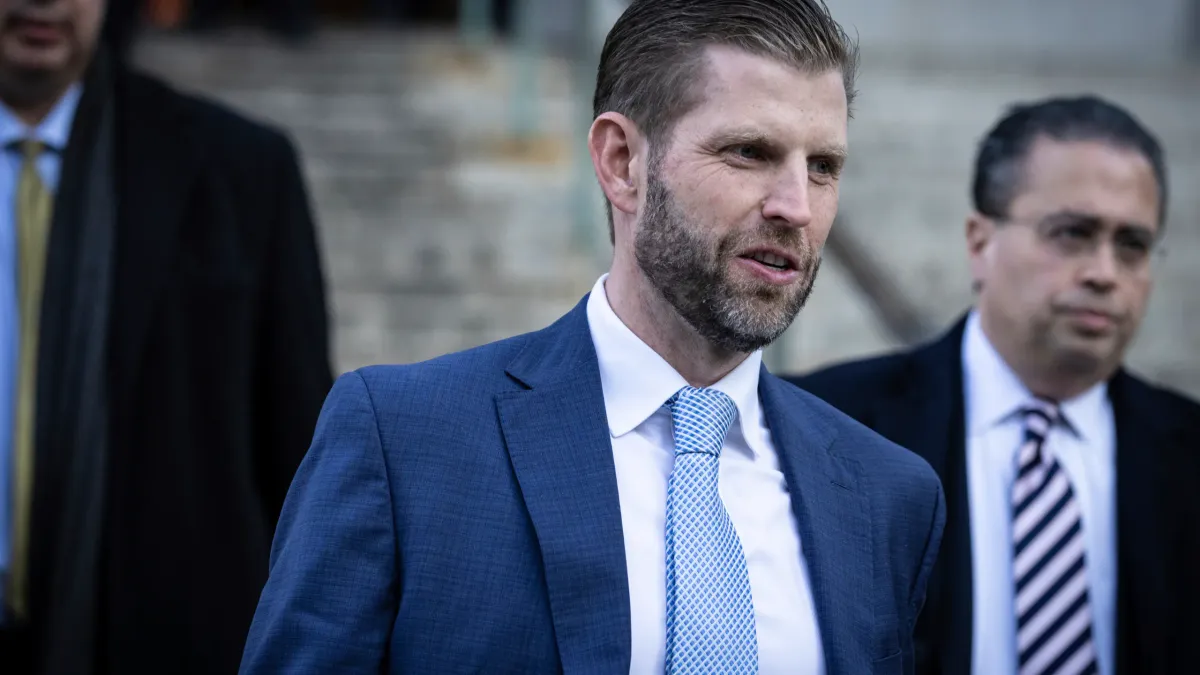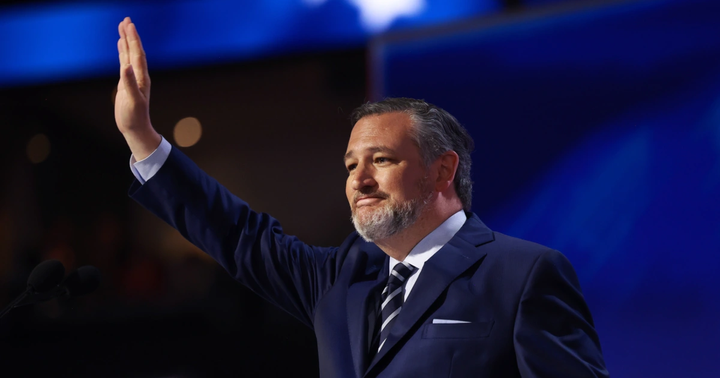Eric Trump and Donald Trump Jr. Partner With Hut 8 Executives in Bitcoin Mining Expansion

New Bitcoin Mining Firm Led by Trump Sons Partners With Executives Tied to Controversial Investors
In a bold move into the cryptocurrency space, Eric Trump and Donald Trump Jr. have partnered with key executives from Hut 8 Corp. to form a new venture named American Bitcoin, now a subsidiary of the publicly traded mining company. But the alliance has raised eyebrows due to the executives’ previous ties to investors sanctioned for stock manipulation.
The Trump sons joined forces with Asher Genoot and Michael Ho, now CEO and Chief Strategy Officer of Hut 8 respectively, who previously founded US Bitcoin. This company, established in 2020, was backed by Mark Groussman and John Stetson, individuals who settled charges with the U.S. Securities and Exchange Commission (SEC) in 2018 over a $27 million pump-and-dump scheme involving microcap stocks.
Though the 2018 SEC settlement did not implicate Genoot or Ho directly, a 2022 enforcement action in Massachusetts revealed that US Bitcoin sold unregistered shares inappropriately, with state regulators linking this to the involvement of Groussman and Stetson. US Bitcoin agreed to pay a $1 million fine and entered settlements with regulators in Massachusetts, Maryland, and Virginia—without admitting wrongdoing.
Hut 8, which merged with US Bitcoin in 2023, maintains that Genoot and Ho had no governance ties to the sanctioned investors. A spokesperson stated, “They were merely a small number of many investors who supported early ventures by Mr. Genoot and Mr. Ho.” The company claims to have since removed all links to the tainted investors, notified regulators, and offered investment rescissions.
Eric Trump, now Chief Strategy Officer of American Bitcoin, has heaped praise on Hut 8’s leadership, calling them “phenomenal” for their speed and commitment. Trump said the partnership stemmed from a “perfect synergy” driven by shared entrepreneurial energy and personal connections—he and Genoot are both Florida-based with mutual friends.
The venture was officially announced on March 31, with Hut 8 contributing most of its ASIC mining hardware in exchange for an 80% stake in American Data Centers Inc., which was promptly renamed American Bitcoin. Specific financial terms of the deal, including the Trumps’ asset contributions, remain undisclosed, though plans are in place to take the company public.
While the Trump family’s broader crypto interests—spanning NFTs and a decentralized finance project, World Liberty Financial—are no secret, this mining initiative represents a significant escalation. Eric Trump framed the effort as a response to perceived hostility from traditional finance institutions:
“That industry tried to put our family out of business... this is an allegiance of like-minded people.”
Past Deals Raise Further Questions
The past again comes into play through Michael Ho’s prior sale of a newly formed company to Riot Blockchain for $11.9 million—an entity tied to Barry Honig, another figure implicated in the 2018 scheme. While Honig wasn’t directly involved in US Bitcoin, Ho’s connection adds further intrigue to a venture already under the microscope.
Ambiguity, Not Evasion
What raises questions isn’t the violation of mature crypto regulations—because such frameworks are still evolving—but rather the reuse of financial practices that regulators have previously challenged. The blurred boundaries between traditional finance missteps and new blockchain ventures highlight the regulatory grey zones entrepreneurs are navigating.
A Political Undertone?
With Donald Trump promising to make the U.S. “the undisputed Bitcoin superpower,” and his sons now embedded in the crypto infrastructure, this venture underscores how political figures may increasingly shape the future of decentralized finance. While Eric Trump insists there’s no conflict of interest—“I don’t work with the White House,” he noted—public scrutiny is unlikely to wane.



